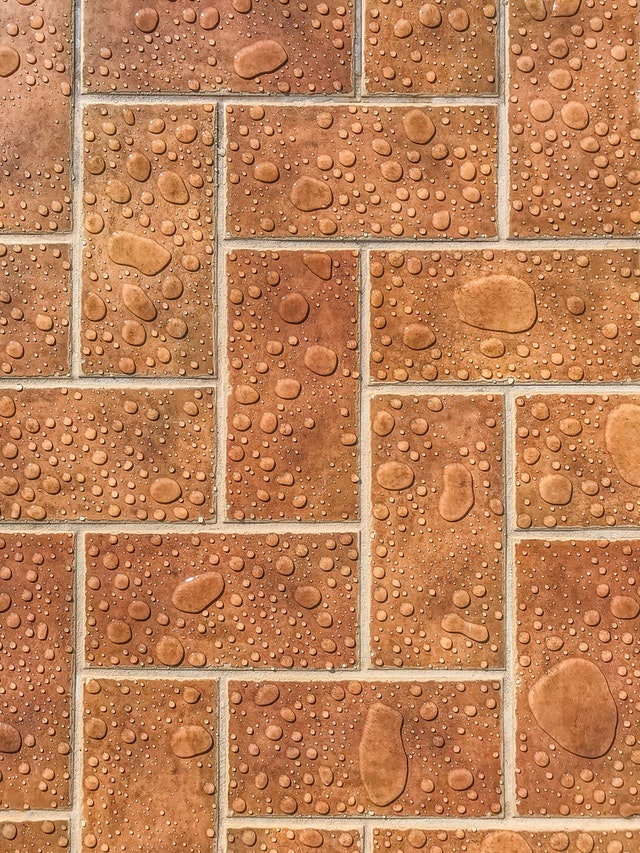Who is to Blame for a Slip and Fall in a Store When It’s Raining?
Generally, a store owner has a legal obligation to maintain the premises in safe condition for customers and others who visit the shop. That duty covers a wide range of issues, from ensuring that the premises are in safe repair to keeping aisles free of debris, providing adequate lighting and clearly marked exits, and clearing ice and snow from the parking lot and walkway.
It also means the business is responsible for keeping up with any dangerous conditions that are introduced. For example, if a shopper spills a drink on the floor, store employees are expected to take action to protect customers, vendors, and others who enter the store. That could mean blocking off the area or posting warning signs until the mess is cleaned up, or promptly restoring the floor to safe condition.
If a business fails in this duty and a visitor to the store is injured, the store owner may be held legally responsible for those injuries. But, that doesn’t mean that every person who slips in a store and hurts themself is entitled to compensation.
A rainstorm offers the perfect example of a situation in which it may not be immediately clear who is responsible.
Rainy Day Slip and Falls
The store is responsible for addressing any dangerous conditions it knows or reasonably should have known about. That means different rain triggered slip and fall injuries may play out differently. Consider these scenarios:
- Jane walks into the grocery store out of a heavy rain, with wet rubber soles. The store manager has been monitoring the condition of the floor and mopping up any puddles tracked in as quickly as possible. When Jane steps off the rubber mat inside the door onto the tile floor, she slips and falls, breaking her arm. The floor was dry, but Jane’s wet rubber sole slid when it hit the smooth, flat surface.
In this scenario, the store likely won’t be found responsible for Jane’s accident. Management was taking precautions to ensure that the floor remained in safe condition during the deluge, and Jane didn’t fall because of the condition of the floor. Instead, she brought the hazard with her, in the form of rain-slick rubber shoes.
- Bob walks into his local hardware store during a rainstorm. It’s been raining heavily for a couple of hours, and there are wet spots in a few aisles. Store employees either haven’t noticed the slippery spots or haven’t prioritized cleaning them up. There are no warning signs about wet floors. As Bob turns the corner into an aisle, his foot lands in a wet spot and he slides and bangs his head on the shelving.
The store has an obligation to maintain the premises in a reasonably safe condition for Bob and others like him. That includes correcting hazards they knew of, or that they reasonably should have known of. Even if the store employees had not noticed the wet floors for two hours, a jury might well find that they were on notice because of the heavy rain, or even that they should be paying closer attention to the condition of the store during hours when customers are coming and going. In this scenario, the store might be legally responsible for Bob’s injuries, even though the water was tracked into the store by customers.
- The lobby roof at a small bed and breakfast leaks whenever it rains. The management has been aware of the problem for a couple of years, but it doesn’t rain frequently in the area and the amount of water that accumulates is small. It falls on a tiled area, so it isn’t damaging the floor, and it would be expensive to fix. So, they haven’t taken action. One rainy morning, a guest passing through the lobby happens to step right on the small wet spot on the tile and falls, injuring his back.
In this scenario, the business owner has actual knowledge of the risk, and has consciously decided not to fix the problem. Even with this knowledge, they’ve failed to either clean up the leakage promptly or mark the area to warn guests. In this situation, they will almost certainly be responsible for the guest’s injuries.
The general rule is that if the property owner or operator knew or should have known of a hazard and failed to take action to protect customers and others visiting the property, they may be liable for damages.
Talk to a Slip and Fall Attorney
If you’ve slipped or tripped and injured yourself in a store or on other property owned and operated by someone else, you may be entitled to compensation. An attorney experienced with premises liability cases can be your best source of information. Attorney Kevin P. Broderick offers free consultations to people who have been injured in Massachusetts and New Hampshire. To schedule yours, just call 978-459-3805 or fill out the contact form on this page.
Have you been injured?
Let Attorney Kevin Broderick answer your questions and evaluate your personal injury or vehicle accident case for free!
CALL TODAY 978-459-3085
Kevin Broderick Law serves clients in Massachusetts and
New Hampshire.
Areas of service in
Massachusetts
Lowell
Lawrence
Littleton
Billerica
Andover
Chelmsford
Westford
Groton
Acton
Tyngsborough
Dracut
Methuen
Areas of Service in
New Hampshire
Hudson
Nashua
Pelham
Disclaimer
The information you obtain on this site is not, nor is it intended to be, legal advice. You should consult an attorney for advice regarding your individual situation. We invite you to contact us and welcome your calls, letters, and electronic mail. Contacting us does not create an attorney-client relationship. Please do not send any confidential information to us until such time as an attorney-client relationship has been established.

